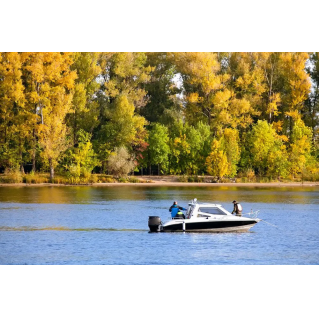Once again, the holiday season is upon us. Probably much more than last year, families will be traveling to celebrate with loved ones and friends. But before you turn that ignition key to take to the open road with everyone tucked in the car and raring to go, take time to check your battery.
All too often the busy holiday season distracts us from the routine maintenance that every vehicle should have - especially before a road trip. Your battery is especially important because it’s like the heart of your car, SUV, RV, or whatever you’re driving.
No matter where you live there’s probably a Continental Battery distributor nearby. There’s a large network of Continental Battery distributors throughout the U.S. and Canada. If you’re not sure of a location, go here to find one in your neighborhood.
Winter can be especially hard on car batteries and if you get stranded, the cold weather could be not only hard on your car, but also on your passengers. It helps to understand how your car battery works and how the cold weather affects it. Here are some helpful tips.
- Everything electrical in your vehicle relies on the power from your battery.
- The battery’s primary role is to send power to the starter motor to start the engine.
- In 32°F weather, a car battery loses about 35 percent of its strength. At 0°F, a car battery loses about 60 percent of its strength.
Based on what type of battery your vehicle uses, let’s look at the differences in how they perform in cold winter weather.
Flooded Lead Acid Battery (Wet Cell)
These batteries have been around the longest. In cold weather, flooded batteries have to work harder to provide the same amount of power. That means you’re losing some of your total capacity due to the cold. The lower the temperature, the longer flooded batteries will take to charge and the less capacity they will have. Keep them as close to 80° F (27°C) as possible.
Absorbent Glass Mat Battery (AGM)
The AGM battery is a VRLA battery designed to support higher electrical energy demands in modern vehicles. It’s similar to a wet cell battery, but a fiberglass separator (a “glass mat”) absorbs the electrolyte solution and keeps it in place. AGM batteries have higher CCAs, which provide reliable performances in cold temperatures.
Deep Cycle Battery
The deep cycle battery type is designed for sustained power with a lower current draw over extended time periods. It’s better suited to recreational vehicles, golf carts and marine vehicles — which is why it’s also called a marine battery. The battery is very durable and designed to be extremely vibration-resistant.
Everyone at Continental Battery wishes you a wonderful holiday vacation. And we’re sure you will enjoy it even more knowing that your vehicle’s battery is operating at optimum performance so all you have to do is get to your destination safely.







